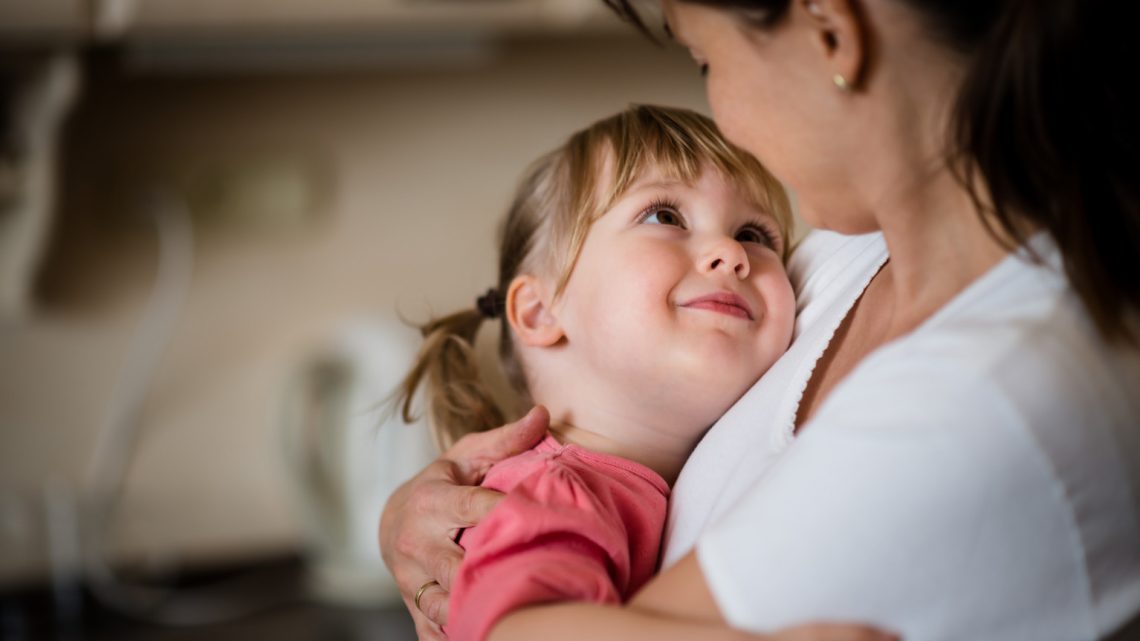Negative Impacts of Divorce On Children
Divorce is oftentimes physically, mentally, and financially draining on the couple involved. Perhaps you have heard the saying “50% of all marriages end in divorce” and although the divorce rate is dropping slightly, researchers estimate that between 40%-50% of all marriages in the United States will end in divorce.
Unfortunately, the children of divorced parents can also endure some negative ramifications after the separation of their parents. In fact, depending on the severity and emotionality of the divorce, these problems can continue to linger into adulthood.
It is important to note that each child is different, and may exhibit a different set of symptoms, here are some of the main negative impacts of divorce on children:
- Poor Academic Performance: children who were previously doing well in school can oftentimes see a dip in their grades while dealing with the emotional fallout from their parents’ divorce. Children can understand and internalize the tension during the divorce period, which can be a serious distraction from school.
- Self-Destructive Behavior: There are studies that show a link between children of divorced parents and delinquent, even aggressive behaviors. Every child and family situation is unique, so there are a variety of reasons for this, including guilt, shame, and lack of a solidified family structure.
- Feelings of Guilt: many children wrestle with feelings of guilt following the divorce of their parents. Most of the time, these feelings arise because the child is trying to make sense of their parents splitting, and may have confusion and sadness around the subject.
- Increased Risk Of Divorce in Future marriages: Being the child of divorced parents can lower your faith in the institution of marriage. Consequently, this can lead to increased risk of divorce in the children’s future partnerships.
Tips To Help Ease The Transition for Children
Despite the alarming impacts listed above, here are some tips that each parent can implement to mitigate the negative effects of divorce.
- Shorten the process by consulting with a professional. A lawyer’s expertise can help streamline the divorce process – which leads to your family more quickly finding their new normal.
- Respect the other parent, especially around your child. Although the actions of your ex partner may completely warrant negative feelings, talking down about them to your children is never a good idea. By bad-mouthing your ex spouse to your child, you put them in an extremely awkward situation, which can build up feelings of resentment.
- Try to envision things from your children’s perspective: when it comes to topics like child custody schedules, moving from house-to-house depending on your parent’s personal schedules can feel hectic. By consulting your children on what schedule works best for them, and incorporating that as often as possible, your child can feel like they are a part of the process.
- Embrace your new family structure. Instead of dwelling on the “broken” nuclear family, celebrate the new type of family that your child will grow up in. By having parents that are no longer tense and fighting under the same roof, your child can access the best parts of both parents.
Divorce is an emotional event that takes a toll on both the spouses and the children. By implementing tips to help normalize your new family structure, in a mature and mutually respectful way, you can help to avoid the negative impacts of divorce on children.




No Comment